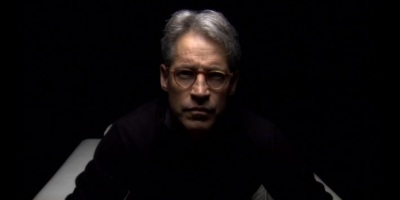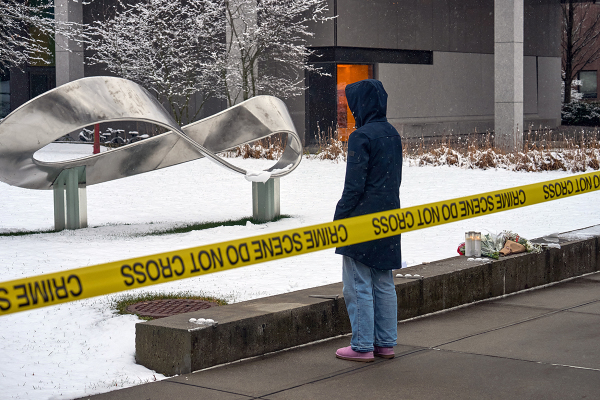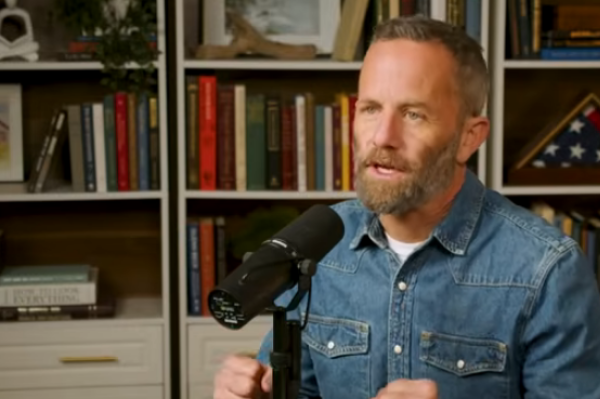Western Churches and the Wrong Side of History

If Jesus wrote a letter to the American Church in 2015, what would He say? Maybe what the Church around the world is saying now.
We hear a lot about "the wrong side of history" these days — usually from those who want to convince us we're on it, and that everyone in the future will think like the New York Times editorial board. But if we want to understand where history is really headed, we've got to look at the big picture — the global picture.
President Obama — someone who's used the "right side of history" trope more than once — got a glimpse of that picture in July when he spoke in Nairobi. Addressing Kenya's strong cultural aversion to homosexuality, the President warned that "treating people differently" not because they're harming anyone but because they're "different," erodes freedoms and leads to "bad things."
Well, in a nation where 96 percent disapprove of homosexuality, that didn't go over so well. Kenya's President Uhuru Kenyatta was quick to express the feelings of his country and Africa, saying: "… there are some things … our culture, our societies don't accept … for Kenyans today, the issue of gay rights is really a non-issue."
But the real clash of cultures is happening not among governments, but between churches; specifically between churches in the West — that is, in Europe and the U.S. — and churches in Africa, Asia, and Latin America.
Last year the Washington Post ran a story about the growing tension between Anglican and Evangelical churches in the West and their daughter congregations abroad. While many churches in Europe and America have shriveled as they drift from biblical Christianity, their counterparts in the global south have thrived. These missionary plants haven't gotten the memo about rewriting two thousand years of Christian orthodoxy. And they're puzzled and more than a little worried when Westerners come bearing the sexual revolution instead of the Gospel.
"Homosexuality is equivalent to colonialism and slavery," said Bishop Gitonga of the Redeemed Church in Kenya. "It's not biblical and cannot bring blessing to Christians."
African believers, particularly those in communion with our mainline denominations, say they feel betrayed. These Christian communities planted by Western missionaries are now watching the churches that sent those missionaries compromise everything they taught. For Africans, explained Anglican Archbishop Stanley Ntagali of Uganda, it's like watching their mother give up the faith.
And it's not just happening in Africa. Last month, two major branches of South American Presbyterianism cut ties with the PC(USA). Citing the PC(USA)'s decision to sanction gay "marriage," the Independent Presbyterian Church of Brazil and the Evangelical Reformed Church of Peru separated from the denomination whose missionaries first brought them the Good News 150 years ago.
Blessing homosexual unions, these Latin Presbyterians said in a statement, is "against the principle of the authority of Scripture over the life and faith of the Church," and leaves them no choice but to go their separate way.
Watching all of this, I can't help thinking of Jesus' words to the churches of Asia Minor in Revelation. Walking among the lamp stands, Christ threatens to remove the light from any congregation that doesn't repent and return to its first love. Listening to the reactions of our brothers and sisters around the world as our culture and churches celebrate sin, it's easy to imagine the Lord saying those words to us in the West.
Folks, we should rejoice that churches around the globe are holding fast to the faith. But if we in the West don't repent of our compromise and our cultural imperialism, might the Light of the World leave us in darkness? Now that would be a fate even worse than being on the wrong side of history.
This article was originally posted here.





















